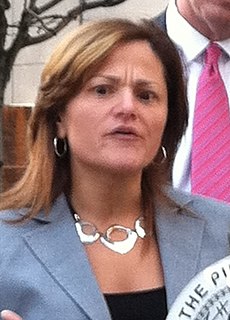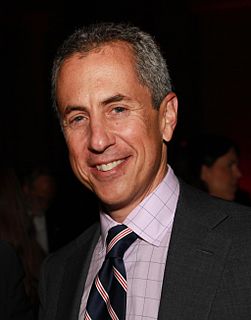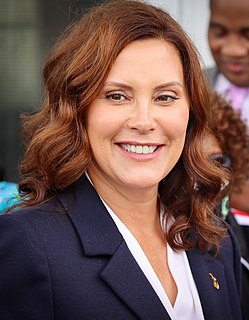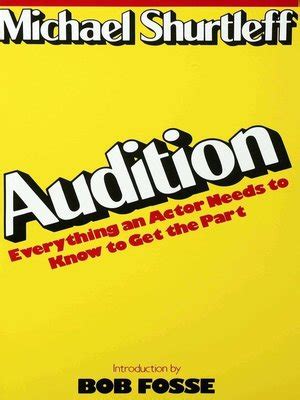A Quote by Valerie Jarrett
If you are not diverse and you are not listening to all voices and have your ear to the ground, you're not going to make the best decisions.
Related Quotes
If you want to play something that you hear, you need to listen with your mind's eye. You've heard of the mind's eye, right? Your mind has an ear too. It's a kind of listening, but it's not using your ears to listen. It's listening with your inner ear, and that's what you want to translate onto the guitar.
The part of capitalism that doesn't work for me is when capitalists make decisions in the way that Adam Smith suggested, which is that as long as you do everything in the interest of the investor, you're going to actually make the best decisions for all other stakeholders. I don't happen to agree with that.




































